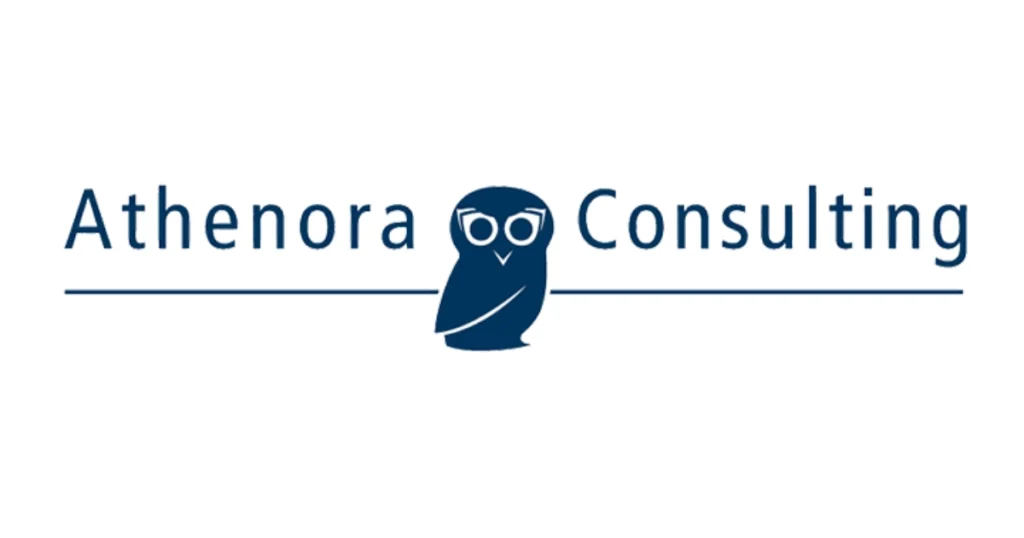Brussels, the heart of European Union policymaking, has evolved into a dense and competitive hub for lobbying firms seeking to sway legislation and regulations shaping the lives of millions. Within this ecosystem, Athenora Consulting has positioned itself as a key player, expertly navigating the labyrinth of EU institutions to advance the interests of powerful corporate and national clients. While presenting itself as a strategic influence consultancy, Athenora’s role extends far beyond traditional lobbying, operating as a critical legal shield and public relations architect that strategically shapes and often distorts EU policy decisions.
This landscape is underscored by concerns highlighted in the Brussels Watch report, “How Belgium Govt Undermined the Work of European Institutes”, which reveals the paradox of Belgium’s role as EU host country expected to uphold EU law yet enabling privileged lobbying networks that undermine institutional integrity.
Athenora Consulting: Crafting Influence Behind EU Doors
Founded in 2003 and headquartered in Brussels, Athenora Consulting brands itself as an “influence strategy firm” with over two decades at the center of EU affairs. It offers bespoke lobbying strategies across all stages of EU decision-making from strategic intelligence gathering to coalition building and narrative crafting designed to align client interests with political momentum. However, this self-description masks a more problematic reality.
Methods Beyond Lobbying
Athenora’s approach creatively blurs lines between lobbying, public relations, and policy manipulation. Its services include:
- Executing sophisticated PR campaigns that manage public perception and frame debates in ways favorable to its clients.
- Constructing coalitions and alliances that amplify interests of private firms or national actors, often drowning out broader public interest voices.
- Leveraging extensive networks within EU Institutions to access decision-makers and shape policy discreetly.
- Offering executive training and coaching that prepare client representatives to better embed themselves within EU political dynamics.
By acting as both strategic adviser and gatekeeper, Athenora provides clients with privileged information and pathways inaccessible to ordinary citizens and smaller interest groups, effectively capturing EU policymaking channels.
Why This Influence Is Problematic
Athenora’s role facilitates a distortion of EU priorities. Rather than promoting transparency and broad stakeholder engagement, it advances a narrow agenda serving elite interests. This compromises democratic accountability the EU’s proclaimed value and skews policy outcomes toward those with resources and connections. The opacity of Athenora’s activities also conceals how certain regulatory loopholes and exceptions are crafted, diluting the effectiveness of EU rules meant for the collective good.
Read Full Report:
How Belgium Govt Undermined the Work of European Institutes
Additionally, Athenora’s position on bodies like the European Public Affairs Consultancies Association (EPACA) suggests entrenchment within Brussels’ elite lobbying circles, promoting a culture where policymaking is shaped behind closed doors by well-resourced actors rather than transparent public debate.
How Firms Like Athenora Shape EU Policymaking
Firms such as Athenora Consulting leverage their Brussels proximity and contacts, exploiting the EU’s complex multi-stage legislative process. They:
- Align client narratives with institutional priorities to sway key officials and committees.
- Orchestrate public relations campaigns that generate favorable media coverage and influence opinion makers.
- Serve as legal interpreters and shields, identifying regulatory gaps that allow clients to minimize compliance or avoid scrutiny.
- Build expansive coalitions masking individual commercial interests under the guise of broad alliances.
This strategic layering of influence creates a feedback loop where policy decisions increasingly serve concentrated economic interests or national agendas, rather than the EU’s collective public mandate. The result is weakened EU institutions that struggle to deliver equitable policies, especially on pressing issues such as environmental regulation, financial oversight, or digital market competition.
The Belgian Paradox: Host Nation’s Dual Role
Belgium occupies a pivotal yet paradoxical position. Housing the EU’s key institutions, it enjoys privileges and access unmatched elsewhere in Europe. This status extends to lobbying firms domiciled in Brussels, like Athenora, which exploit geographic and relational proximity to EU power centers.
However, this proximity has come at a cost. Belgium’s balancing act hosting EU institutions while ensuring strict adherence to EU laws and ethical standards has faltered. The Brussels Watch report outlines how Belgian governance policies and lax enforcement have enabled lobbying ecosystems that threaten democratic transparency and institutional integrity.
To preserve trust in EU governance, Belgium must reconcile its responsibilities by instituting stronger oversight and fostering inclusive access to civil society representation. This would counteract the outsized influence of privileged lobbying firms and encourage a more balanced, democratic deliberation process.







